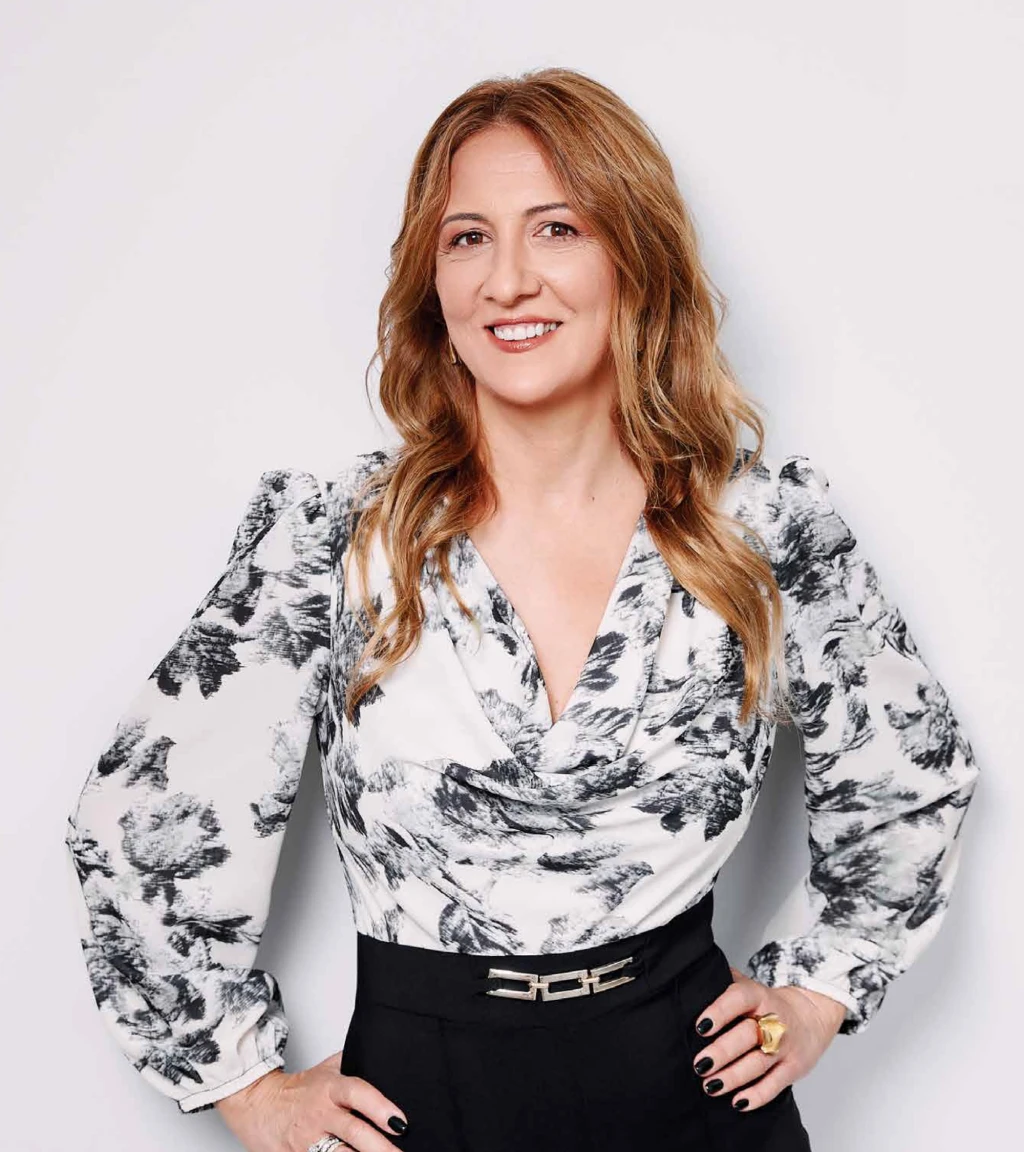What challenges have you faced as a woman in tech?
I’d say the most significant challenge so far has been underrepresentation. As an advocate for gender equality and diversity in technology, what I’ve observed is the persistent sidelining of women and other minorities. The “male, stale, and pale” brigade is still running the show, leaving women – especially non-white women, as well as LGBTQ+ people – on the margins, which continues to make it harder for them to break in. The gender gap in tech-related roles, especially leadership positions, remains a crucial obstacle.
What advice would you give to other women interested in a tech career?
Ordinarily, I’m not one for giving advice, but if there’s one thing I’ve learned from turning 51 and embracing the wisdom and confidence the journey so far has brought me, it’s this: remember not to care about what anybody else thinks! Also, be ready for criticism and pushback because, let’s face it, as women, we still need to challenge gender norms and stereotypes. Above all, remember that your unique perspective and skills can contribute significantly to any industry’s growth and innovation.
What are your thoughts on the future of women in tech?
On the whole, I’m optimistic. The tech industry is becoming more inclusive. That said, there’s still much work to be done, taking into account the additional struggles faced by women of color and disenfranchised communities. Much will depend on our persistent collective efforts to dismantle barriers, create more opportunities, and foster an environment where women of every background can thrive.
What is your favorite part of working in tech?
Creating the future. One of my favorite quotes is from Alan Kay, a renowned computer scientist, who said, back in the Seventies, that “the best way to predict the future is to invent it.” We often think of the future as something that happens “to” us, but that’s not the case. Taking an active role in creating the future – witnessing the positive change that can occur when we commit to diversity and gender equality – is what I enjoy most.
What are your career goals?
At this point in my life, it’s not about career goals; I intend to keep advocating and promoting diversity and inclusion. Today, I’m also focused on developing innovative auditing processes powered by generative AI and advocating for AI’s ethical use, transparency, and accountability.
What are your thoughts on diversity and inclusion in the tech industry?
The tech industry’s commitment to prioritizing and investing in diversity and inclusion must remain steadfast. Having spent years as a DEI advocate, I’ve witnessed firsthand systemic inequalities and biases holding back women in tech. DEI isn’t simply “desirable”; it’s an imperative – both in terms of the law and for the more significant benefit of society.
What are you most passionate about?
To paraphrase consultant and entrepreneur Cindy Gallop: “If technology is the Hollywood blockbuster, then AI is the much-needed documentary.” This encapsulates the difference in perception and engagement between mainstream tech and the deeper, more nuanced world of AI. While technology captures widespread attention and adoption, AI invites a more thoughtful and critical examination. And we’re only just beginning to explore its usage implications. I’m passionate about the potential for AI to promote inclusion through innovation and ethical use.
